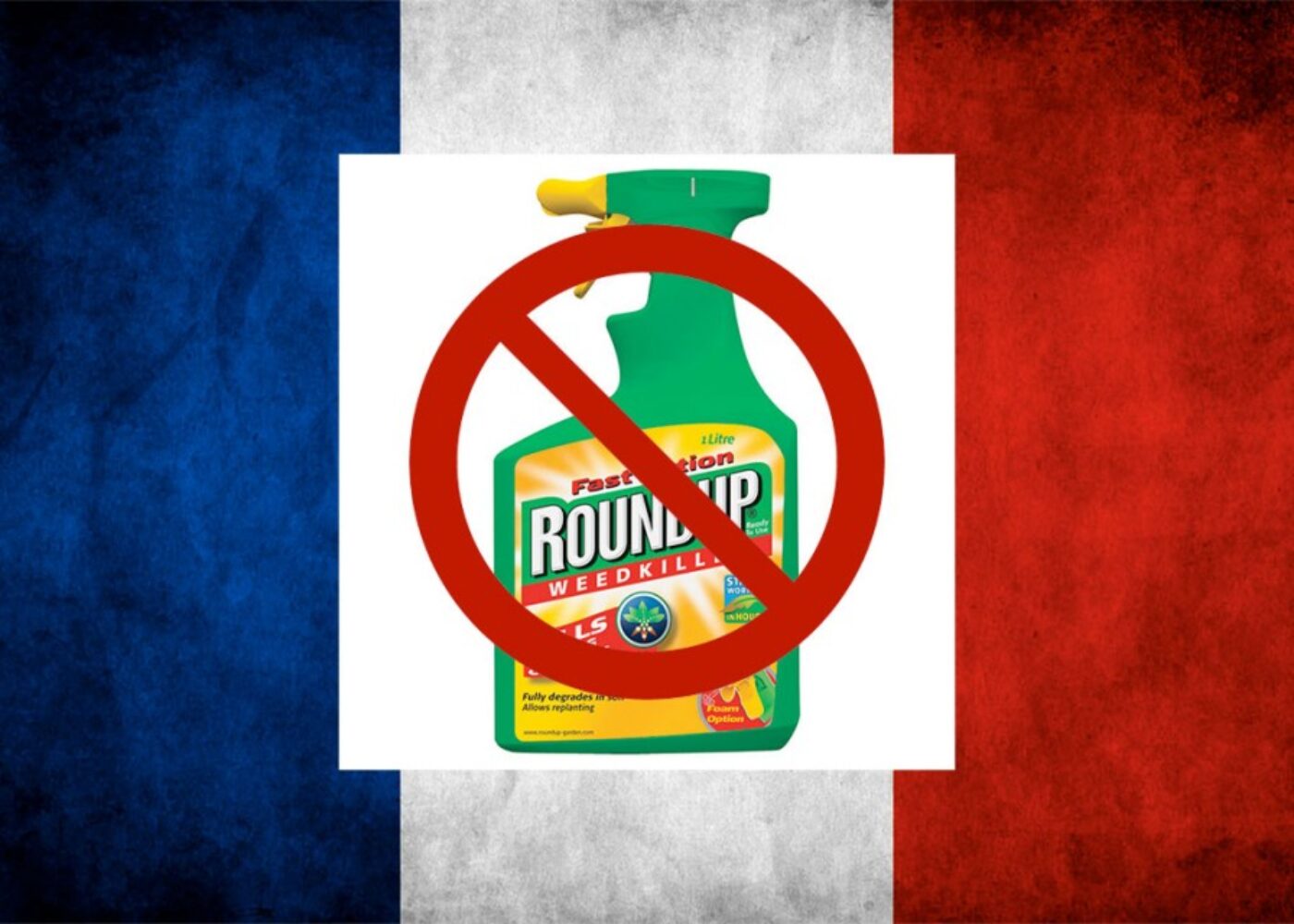France Pushes for a Ban on Glyphosate Herbicides in Europe

There is more bad news for Monsanto this week, after the company guided their earnings numbers down. While the initial spin was that the earnings revision had to do with currency, a declining appetite for their products is also at play.
And while the EU and the USA try to figure out this game of “he said/she said” science when it comes to the safety of Monsanto’s products, France did not hesitate to move, as reported here:
Following a meeting with EU Health Commissioner Vytenis Andriukaitis on Friday, French Minister of Ecology, Ségolène Royal, announced that France will vote against the EU re-licensing of glyphosate, the world’s most used herbicide.
Royal also added that France was not backing the European Food Safety Authority (EFSA) on their recent safety assessment of glyphosate and was instead basing their decision on the report of the World Health Organization’s International Agency for Research on Cancer (IARC) in 2015, which declared glyphosate to be a probable human carcinogen.
This move by France will hit the biotech giant Monsanto and other large pesticide companies which rely on glyphosate-based herbicides for a large percentage of their global profits.
Andriukaitis meanwhile confirmed that member states would discuss the regulation of glyphosate in the days to come and also added, in a very important shift in EU policy; “I commit to working with the member states to draw up a list of co-formulants in pesticides that could pose a health risk.” This is another statement that will shake the Biotech industry to the core, as previously all regulators worldwide have completely ignored the possible health risks of co-formulants, otherwise known as adjuvants or non-active ingredients in pesticides.
There is growing opposition to the re-licensing from top scientists, NGOs and MEPs. On Friday a group of 94 top scientists published an article explaining the differences in the evaluation of the weedkiller glyphosate’s cancer-causing potential by EFSA and WHO. They found that EFSA, which supported the re-licensing of glyphosate had a number of deficiencies in their report.
All this comes just days after six environmental NGOs (Global 2000, PAN Europe, PAN UK, Generations Futures, Nature et Progrès Belgique and Wemove.EU) from five European countries filed a formal legal complaint against those responsible for the assessment of glyphosate in Europe, for denying the probable carcinogenic effects of the chemical.
France isn’t the only country moving to get rid of glyphosate. Scotland, the country that Monsanto’s CEO Hugh Grant comes from, is also moving to reduce citizens’ exposure to the chemical.
On news that the company had to revise earnings, Monsanto’s shares were down 8% at close on Tuesday. More interestingly, perhaps, is that the volume of shares traded was almost 3 times the 3 month average. On Tuesday, over 10 million shares traded hands.
Keep an eye on the policy and on the financial engineering of the science and numbers. There is a lot on the line.





